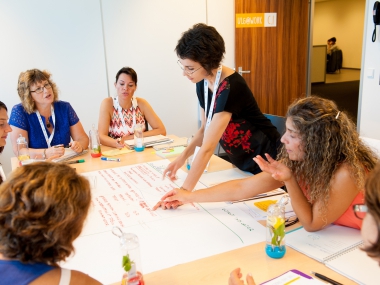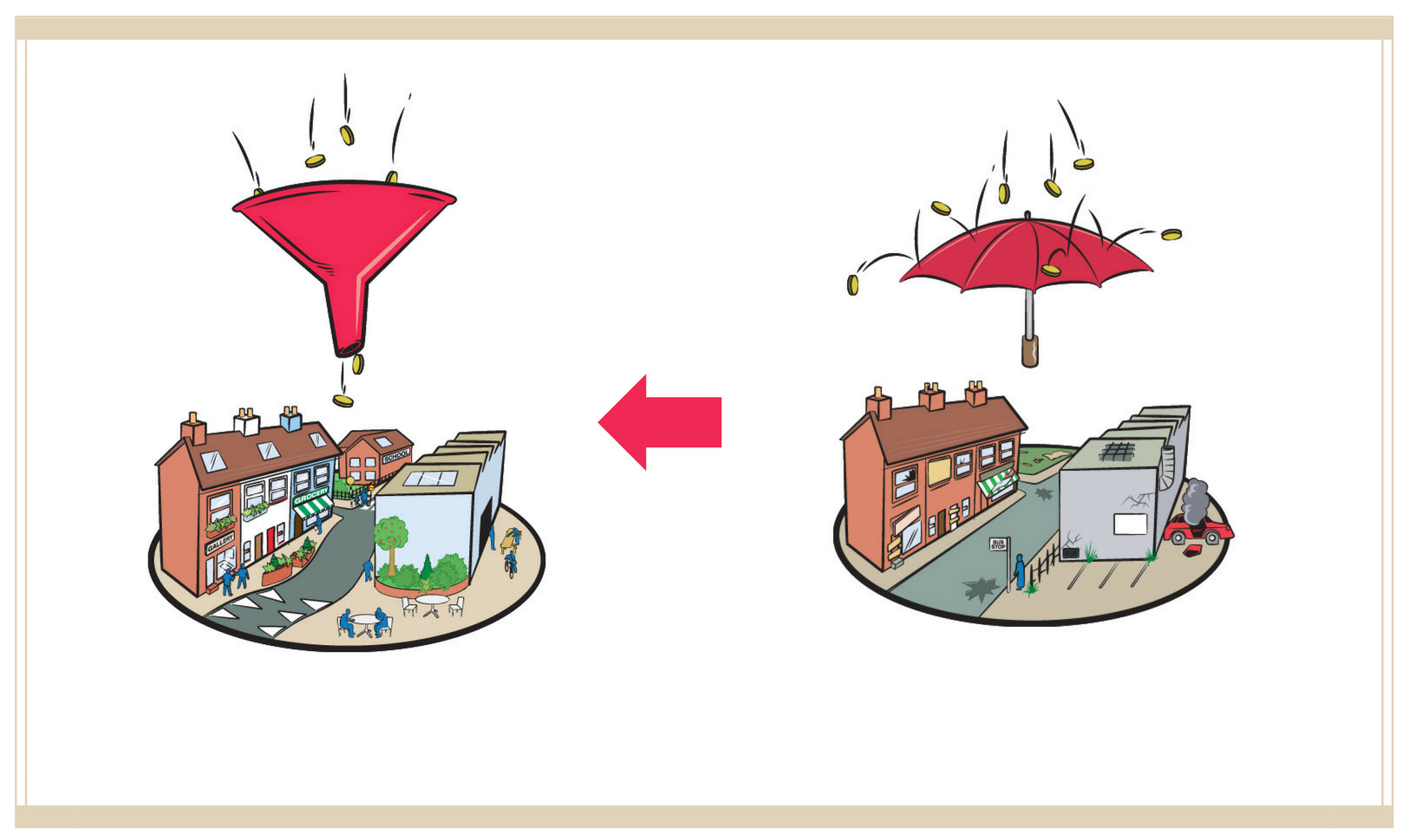Register now to the URBACT workshops of the European Week for Regions and Cities!
Edited on
12 January 2018This year the Committee of the Regions and the DG Regional and Urban Policy organise the 15th European Week for Regions and Cities in Brussels from 9 to 12 October 2017. Under the headline 'Regions and cities working for a better future’ more than 130 workshops will take place presenting good practices and solutions on issues related to urban and regional development.
During this week, URBACT will be present with two workshops:

“How can good city practices be transferred? Join the new URBACT transfer networks!” On 10 October from 2.30 to 5.00pm followed by a networking cocktail. Committee of the Regions, Jacques Delors, Atrium 5, Brussels. Code: 10C48
Have you ever wished your city would put in place a practice or a project you have seen somewhere else?
The new Call for Transfer networks, published by the URBACT programme, aims to help cities across Europe learn more, adapt and reuse already existing good practices that respond to local challenges without reinventing the wheel especially in times of scarcity of resources.
URBACT Transfer Networks will be formed on the basis of predefined good environmental, social, economic practices that will bring together cities willing to transfer them to their local contexts.
If you represent a city join this networking session to:
Discover all the good practices and choose the one to transfer to your city,
Discuss the call for transfer networks with members of the URBACT Secretariat and how you can take part,
Find your partners to submit a network proposal together!
The call for transfer networks will be open from 15 September 2017 to January 2018 on urbact.eu
Seats are limited so please register as soon as possible here (link is external):
Deadline for registrations: 30 September
“Addressing urban and regional challenges through public procurement”, 11/10/2017 (14.30-17.00pm) Committee of the Regions, Jacques Delors, Atrium 5, Brussels. Code 11C120
 Every year, around 14% of EU GDP is spent by public authorities in the purchase of services, works and supplies through public procurement. This process has often been characterised by challenges around bureaucracy, and related to this the inability of officers to take risks. Even if sometimes it is challenging or misinterpreted, public procurement can be a unique opportunity to address key economic, social, and environmental challenges. As well as the more traditional and historical emphasis on compliance and cost, the European Procurement Directives of 2014 are framed around principles of flexibility, supporting SMEs and using procurement to reach social and environmental goals.
Every year, around 14% of EU GDP is spent by public authorities in the purchase of services, works and supplies through public procurement. This process has often been characterised by challenges around bureaucracy, and related to this the inability of officers to take risks. Even if sometimes it is challenging or misinterpreted, public procurement can be a unique opportunity to address key economic, social, and environmental challenges. As well as the more traditional and historical emphasis on compliance and cost, the European Procurement Directives of 2014 are framed around principles of flexibility, supporting SMEs and using procurement to reach social and environmental goals.
ESPON, INTERACT, INTERREG EUROPE, and URBACT programmes have joined forces to provide examples of progressive procurement that emerge across Europe and to reflect on how other cities and regions can utilise procurement as a lever for change and address historical challenges.
Speakers and participants will explore examples of how challenges can be addressed at the various stages of the cyclical process of public procurement: public procurement of innovation (linking to commissioning), spend analysis (linking to procurement strategy), the use of social and environmental criteria (linking to tendering and contract award), and realising economic, social and environmental impact through procurement (linking to delivery and monitoring).
Seats are limited so please register as soon as possible here (link is external):
Deadline for registrations: 30 September
Submitted by Caroline Creamer on
